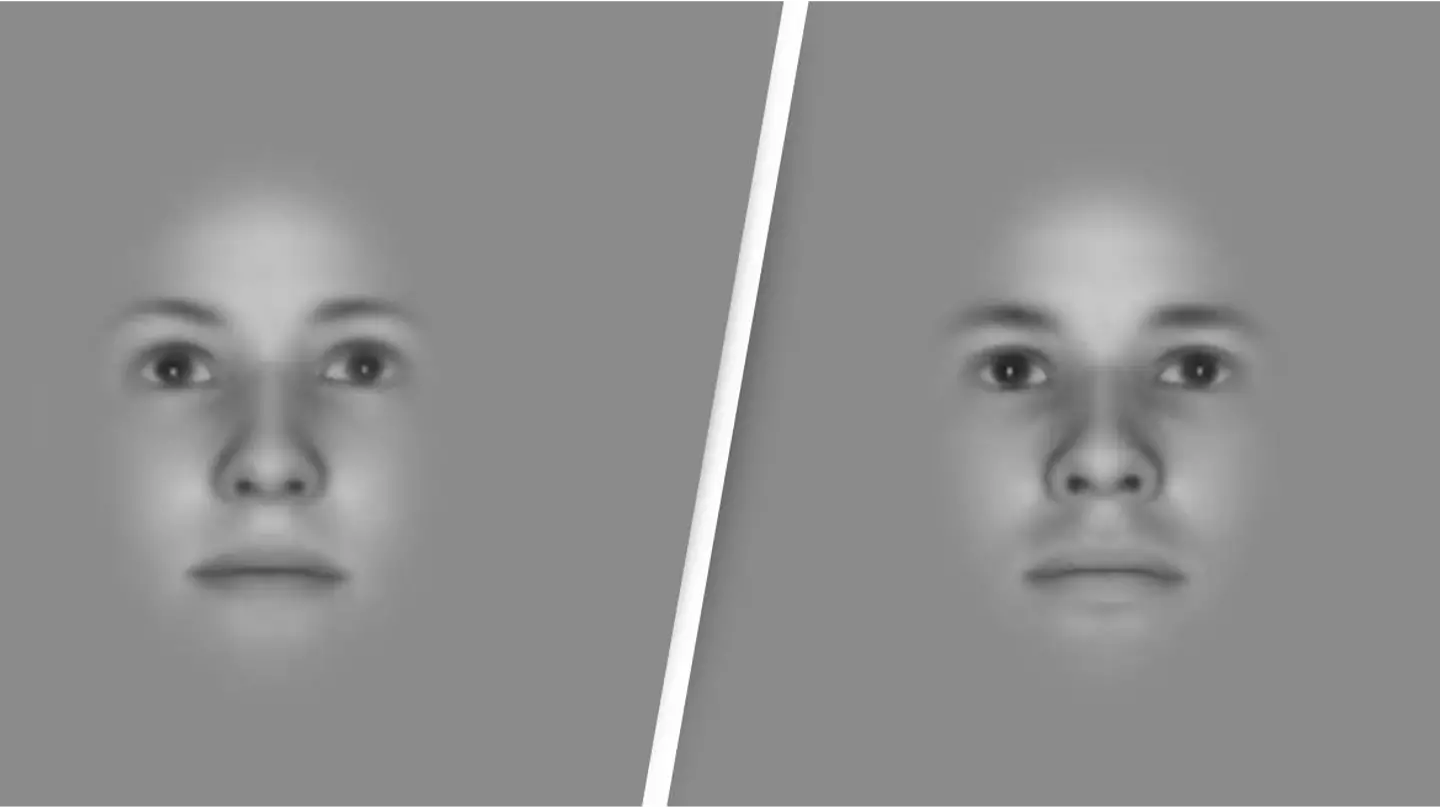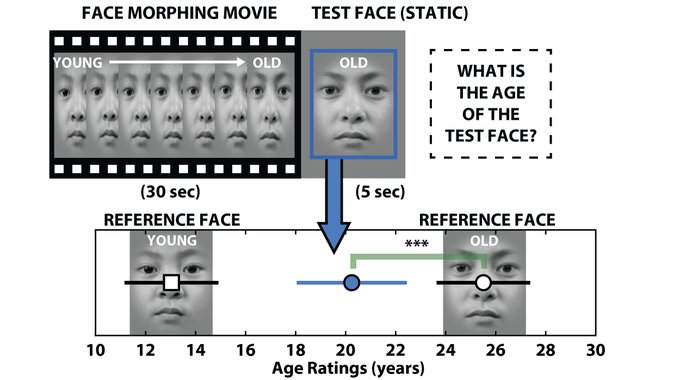
New research has revealed that the brain doesn't see images in real-time because it takes 15 seconds to refresh.
On January 12, UC Berkeley revealed new findings as part of research into a function of perception in our brains called the 'continuity field'.
The study revealed that in order to give a sense of visual stability, our brains merge what we see and that we often see earlier images from up to 15 seconds before mashed up altogether.
The study included 100 participants who were crowdsourced through the platform Amazon Mechanical Turk, Berkeley News reports.
Advert
Participants were shown 30-second time-lapsed videos of close-up images of faces morphing into one another, grouped by ages or gender.
In order to leave as few clues as possible, the faces in the videos only included shots of the eyes, eyebrows, nose, mouth, chin and cheeks, as opposed to the head shape or any facial hair.
The study observed how participants noticed subtle changes that occur over time to analyse the mechanism behind why the brain can be blind to certain changes.
Advert
At the end of the video, participants were asked to identify the face they saw.
However, results revealed that the majority of participants didn't choose the most updated image, but one they had seen midway through the compilation.
Senior author of the study David Whitney, who is a professor of psychology at UC Berkeley observed: 'One could say our brain is procrastinating. It’s too much work to constantly update images, so it sticks to the past because the past is a good predictor of the present. We recycle information from the past because it’s faster, more efficient and less work.'
The results of the study indicated that when viewing visual stimuli, that human brains have a slight lag in processing it.
Advert
'The delay is great for preventing us from feeling bombarded by visual input in everyday life, but it can also result in life-or-death consequences when surgical precision is needed,' Mauro Manassi, the lead author on the study, noted.
He continued: 'For example, radiologists screen for tumors and surgeons need to be able to see what is in front of them in real time; if their brains are biased to what they saw less than a minute ago, they might miss something'.
Whitney clarified that humans aren't 'literally blind': 'It’s just that our visual system’s sluggishness to update can make us blind to immediate changes because it grabs on to our first impression and pulls us toward the past. Ultimately, though, the continuity field supports our experience of a stable world,' he said.
He explained that 'if our brains were always updating in real-time, the world would be a jittery place with constant fluctuations in shadow, light and movement. We’d feel like we were hallucinating all the time.'
Advert
Instead, according Manassi, 'our brain is like a time machine. It keeps sending us back in time.'
He concluded: 'It's like we have an app that consolidates our visual input every 15 seconds into one impression so we can handle everyday life'.
The results of the study are published in scientific journal Science Advances.
If you have a story you want to tell, send it to UNILAD via [email protected]
Topics: Science
